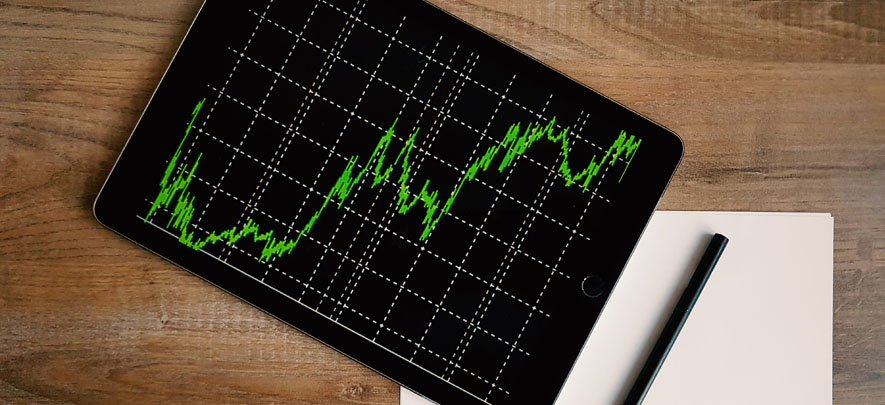5 Probable Impacts of Rising Inflation to Businesses

Economy
370 week ago — 5 min read
Inflation or a general rise of prices of goods and services impacts every aspect of the economy including businesses.
Here are some ways in which inflation affects businesses.
1. Consumer Demand
This is the most obvious impact to businesses. Rapidly increasing prices goods can cause consumers to demand less of a product. Once a good is routinely used by consumers and suddenly the price of that said product rises, the natural reaction is to either look for a cheaper alternative or stop buying the product altogether. Of course, the definitive response to rising prices may differ according to the nature of the goods involved.
2. Production and Inventory Costs
The quick rising of prices does not only affect the price consumers pay, but also the cost businesses have to pay for their materials and inventory. Prices of inputs for producing a certain good may not be the same price today, under a rapidly rising inflation environment, to its price next month. Therefore, there are costs that can be incurred with production and the inputs needed to pursue such production.
As higher inflation occurs, the purchasing power of the peso falls, in relation to other currencies. Therefore, the peso becomes weaker. If the peso falls in value, costs for international purchases increase. With the increasing number of suppliers from other countries, purchases of raw materials and component parts often need to be made in foreign currencies. A weaker peso increases the cost in dollars for each unit purchased. With complex supply chains, it is often impossible to switch to domestic suppliers in the short term, making increased costs unavoidable.
3. Price Change Costs
When service and product prices fluctuate, businesses have to spend money printing new menus or changing price tags to list the correct prices. These costs are called ‘menu costs’, and they heavily affect brick and mortar businesses.
4. Higher Borrowing Costs
Early in the inflation cycle (when inflation is low), banks actively expand their loan portfolio as the easy money policies of the government kick the economy into overdrive. During this artificial “boom” many businesses succumb to the lure of easy money and think that getting a business loan is a good idea. They figure that because inflation rates are rising, the cost (in purchasing power) of paying the loan back will be less than the value of the actual loan. However, like any debt, companies must be smart about how much they loan and for what, because even cheaper money won’t bail them out if profits didn’t increase from the new business venture or expansion.
Later in the inflation cycle (when inflation goes higher), businesses will find it harder to get a loan, because banks and other financial institutions view a business with a low cash flow as a risk, since it’ll be harder to pay back the borrowed funds. At this point, in order to protect themselves against the impact of inflation, lenders increase interest rates to cover not only the cost of the depreciating value of the money, but also the cost of increased market uncertainty. This lack of borrowing power will reduce the liquidity of many enterprises who rely on credit to fund inventory or operations, which may lead to bankruptcy, or reduce the ability of businesses to invest in growth.
5. Higher Cost of Investment
For businesses that are heavily affected by high inflation, upgrading outdated electronics and equipment becomes a challenge. The office might benefit from a new computer, and a remodel might appeal to customers, but those kinds of upgrades aren’t going to be possible. Not only are profits low, but high inflation makes even normal, everyday costs expensive.
Furthermore, employees suffer more than companies because higher inflation means lesser money to use for the same amount of goods consumed. If inflation is higher, employees normally request for higher salaries to make up for the salary-loss cause by inflation. This would mean higher costs for businesses to maintain the same number of employees.
Article by Ruben Carlo O. Asuncion, UnionBank's Chief Economist
Note: Any opinion or statement in the Philippine Outlook does not constitute the opinion of UBP. Your use of this document and any of its contents is at your own risk and UBP does not accept any liability for the results of any action or decision taken on the basis of or reliance on the Philippine Outlook or any of its content.
Posted by
UnionBank PublicationWe are a team of professionals providing relevant content to startups, micro, small and medium enterprises.
Network with SMEs mentioned in this article
View UnionBank 's profile
Most read this week
Trending














Comments (3)
Share this content
Please login or Register to join the discussion